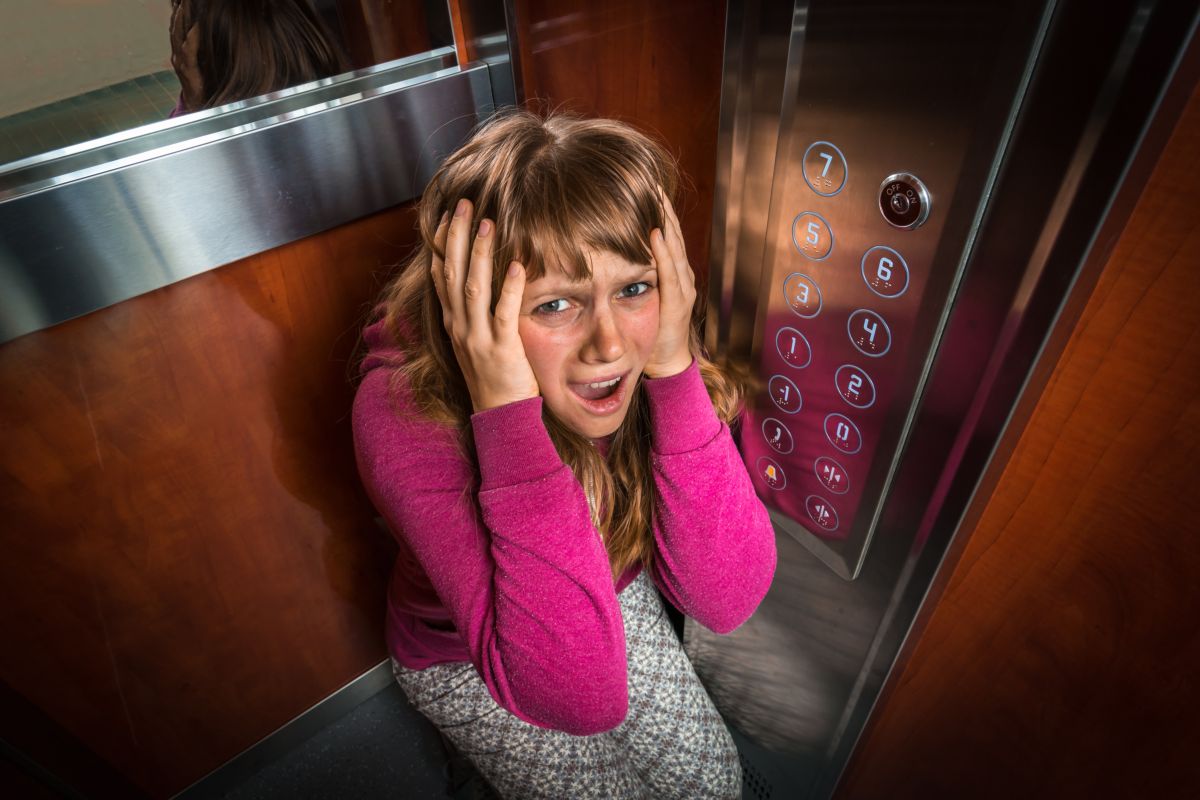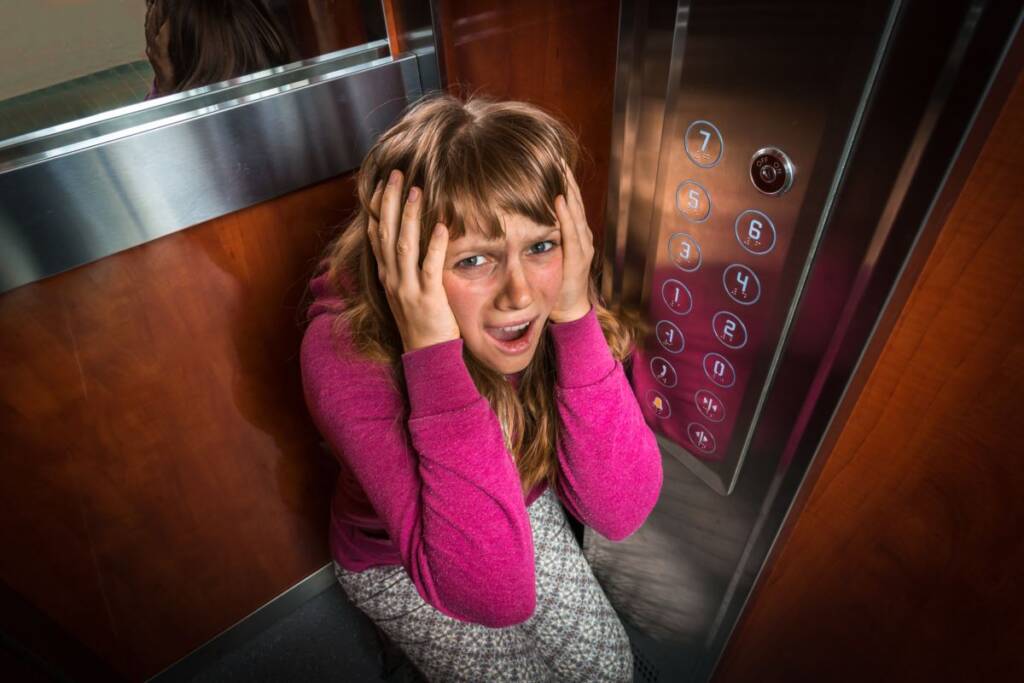Health
Claustrophobia: what it is, how to recognize it and what are the treatments

Claustrophobia can be overcome: let's discover together the most effective methods to fight it permanently.
In Italy 2.5 million people suffer from apparently unmotivated anxiety disorders and phobias . This figure constitutes 5% of the population between 15 and 85 years old. Anxiety disorders can be expressed through episodes of unmotivated panic or they can be projected onto something specific.
Arachnophobia , for example, consists of a fear of spiders which is not produced by an objective psychological rejection for the animal. It can in fact have traumatic origins linked to a previous experience, a dream or something that has been seen in the past. Or it can be linked to a generalized state of anxiety that is poured onto a "scapegoat". In this case the motivations and causes are much more complex and must be sought through a professional in the field of psychoanalysis. The same can be said for claustrophobia which in certain terms can become an almost disabling but nonetheless solvable problem.
What is claustrophobia
Claustrophobia is a fear of enclosed or narrow spaces . It causes a sense of suffocation to those who suffer from it as soon as they are in a space with little room for movement. Those who suffer from it tend not to express it, partly out of embarrassment and partly because, despite being aware of the problems it entails, they tend to avoid facing the situation by tricking them, without ever finding a real solution.

Taking an elevator can be a real insurmountable problem for those who suffer from this disorder but are unable to express it to friends, family or work colleagues.
That said, this is a problem that can still be solved. The first step, however, is to recognize it.
The main symptoms of claustrophobia
Many people don't know how to recognize this type of disorder, so they face moments of panic without understanding what's going on, but above all without knowing how to deal with the problem. The main symptoms in the presence of which we can assume that we suffer from claustrophobia are given by a generalized sense of anxiety that causes trembling, dizziness, nausea and heavy sweating. This sense of malaise contextualized in an enclosed space leads to loss of control, with strong tachycardia, dry mouth and sense of suffocation.
Following these symptoms, in most cases, an episode of extreme anxiety or panic attack occurs, during which death is unjustifiably feared without having the possibility of regaining control of the situation.
How to fight claustrophobia
There are some important tips to put into practice in case you feel a concomitance of symptoms that can remind you of this disorder, let's analyze them one by one:
– Breathe deeply . To do this, just close your eyes with long and very slow breaths. Avoid looking around so as not to allow the brain to identify what you are experiencing as a danger, thus regaining control.
– Relax. Learning a relaxation technique in your free time will be very useful in the event that a new moment of anxiety or those that are perceived as dangerous takes over.
– Have a positive hook. Focusing on one positive and emotionally very strong memory can sometimes change things. Whether it's a pleasant moment or something that makes you feel good just thinking about it, the positive hook can focus attention on something different and that can slowly counteract panic attacks.
– Sing and dance. Let yourself be carried away by music that is perceived as positive and that makes you "vibrate high" can really make the difference. The brain, in fact, recreates the same emotional conditions that generally occur to the sound of that music. And that helps in case of panic moments.
– Remember that you are not a danger . Constantly repeating that what you are experiencing is not a real danger can be of great help in the long run. Often even finding a reason for your fear can do it.
Obviously, these solutions are valid only for non-disabling fears. In case of more severe forms of claustrophobia, the right answer is to contact a psychotherapist. With its help it will be possible to trace the cause of the phobia and find answers that can improve the quality of life.
Riproduzione riservata © - WT











